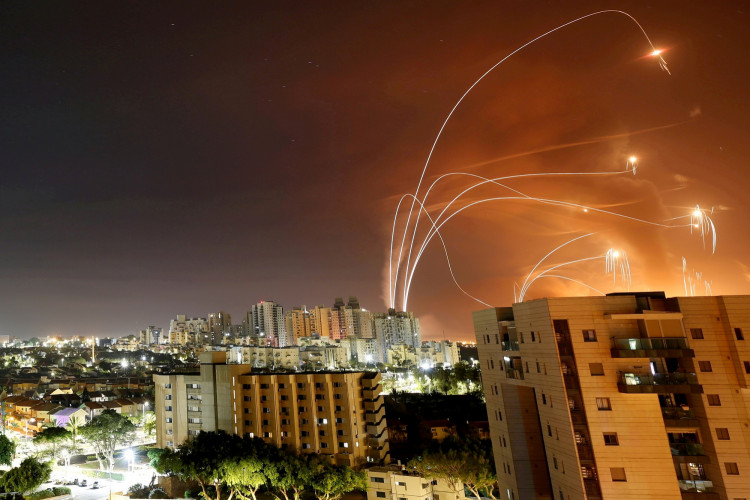The United States has submitted a draft resolution calling for an immediate ceasefire between Israel and Hamas in Gaza. The move comes amidst growing global condemnation of the five-month-long conflict, which has resulted in the deaths of an estimated 32,000 Palestinians and nearly 1,200 Israelis.
The US-drafted resolution, negotiated with the governments of Egypt and Qatar, seeks to protect civilians, allow for the delivery of humanitarian aid, and secure the release of hostages held by Hamas in Gaza. The Security Council is expected to vote on the resolution as early as Friday, marking a crucial moment in US-Israeli relations and the ongoing conflict in the region.
The Biden administration's decision to submit the resolution comes at a time when it faces increasing pressure from congressional Democrats and the international community to alter its approach to the Gaza conflict. With the death toll rising and aid organizations warning of an imminent famine in the Palestinian territory, the US has hardened its tone towards Israeli Prime Minister Benjamin Netanyahu and his government's military campaign.
Secretary of State Antony Blinken, who is currently on his sixth trip to the region since the conflict began, has expressed strong opposition to Israel's plans to launch a major ground offensive in the southern city of Rafah, where more than one million Palestinians have sought refuge. "A major military operation in Rafah would be a mistake, something we don't support. And it's also not necessary to deal with Hamas, which is necessary," Blinken stated during a news conference in Cairo earlier this week.
The US move has also been influenced by domestic political considerations, with many Democratic voters expressing displeasure over the Biden administration's initial one-sided support for Israel following the October 7 Hamas attack. In Michigan's presidential primary, 13% of Democrats cast a vote for "uncommitted," reflecting the growing dissatisfaction among younger voters and the state's large Arab-American population.
The US resolution marks a significant shift in the country's historical stance in the Security Council, where it has consistently vetoed dozens of resolutions designed to force Israel to make concessions with Palestinians. As a permanent member of the council, the US has long been viewed as a reliable supporter of Israel in the UN body.
The resolution's impact on the ground remains unclear, as its full wording has not been made public. However, it is expected to call for an "immediate and sustained ceasefire" lasting approximately six weeks, with the goal of protecting civilians and securing safe passage for humanitarian assistance. Unlike past Security Council resolutions authorizing the use of force in Iraq, this one will not call on nations to enforce its objectives.
The EU has also joined the call for a ceasefire, with leaders meeting in Brussels urging an "immediate humanitarian pause leading to a sustainable ceasefire" in Gaza. They have also called for the unconditional release of all hostages and urged Israel to refrain from proceeding with its planned ground offensive in Rafah.
As truce negotiations mediated by the US, Qatar, and Egypt continue in Doha, the main obstacle remains Hamas' insistence on releasing captives only as part of a deal that would end the war, while Israel seeks to discuss only a temporary pause.
The US resolution's domestic reception remains uncertain, with a recent Associated Press-NORC Center for Public Affairs Research poll showing that 50% of US adults believe Israel's military offensive has gone too far, up from 40% in November. As the Biden administration navigates the complex diplomatic and political landscape surrounding the Gaza conflict, the UN resolution serves as a significant step in its efforts to bring an end to the violence and suffering in the region.




